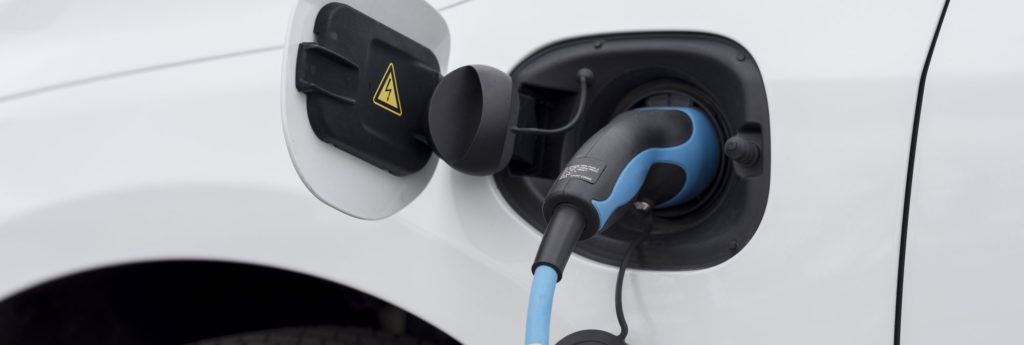Ionity project looks to produce dominant plug type for EV charging
05 February 2018

5 February 2018
BMW, Daimler, Volkswagen (VW) and Ford hope a network of high-power charging stations they are developing will set an industry standard for plugs and protocols.
Currently, Tesla and vehicle manufacturers in Japan and Germany use different plugs and communication protocols to link batteries to chargers, however in order to make the technology more mainstream, companies building charging networks say the number of plug formats will need to be limited to keep costs down.
To try to build critical mass for the Combined Charging System (CCS) favoured by Europe, BMW, Daimler, Ford and VW, said in November they would develop 400 high-power charging stations on main roads in 18 European countries by 2020.
′In the end, it is about safe-guarding investments for those that are investing in electric mobility,’ said Claas Bracklo, head of electromobility at BMW and the chairman of the Charging Interface Initiative (CharIN), which is backing CCS. ′We have founded CharIN to build a position of power.’
Automakers behind the winning technology will benefit from having an established supply chain and an extensive network, making their vehicles potentially more attractive to customers worried about embarking upon longer journeys, analysts say.
Manufacturers that back losing plugs, however, could end up with redundant research and development and may have to invest to adapt assembly lines and vehicle designs so their customers can use the most widespread fast-charging networks.
Swiss bank UBS has estimated that €290 billion will need to be spent over the next eight years to build global charging infrastructure to keep pace with EV sales, and it will be key to limit the numerous technologies now in use. “The quick-charging marketplace might be growing fast but the issue of different types of connectivity and communication will need to be resolved going forward,” UBS said in a study published in January.
Besides CCS, there are three other standards that will charge batteries fast: Tesla’s Supercharger system, CHAdeMO, or Charge de Move, developed by Japanese firms including carmakers Nissan Motor and Mitsubishi Motor, and GB/T in China, the world’s biggest EV market.
For now, CCS, Supercharger and CHAdeMO plugs continue to be installed in Europe as well as the US, while China is pressing ahead with GB/T, suggesting it is too early to call a winner in the plug wars – especially as no automaker will want to lose out on the Chinese market.
Tesla, for example, said in October it was modifying its Model S and Model X cars for China to add a second charge port compatible with the country’s GB/T fast-charging standard. Most other rivals are also incorporating the GB/T standard into their vehicles for China, which has ambitious quotas for EV sales, although some industry officials still hope the country will adopt one of the other standards at some point.